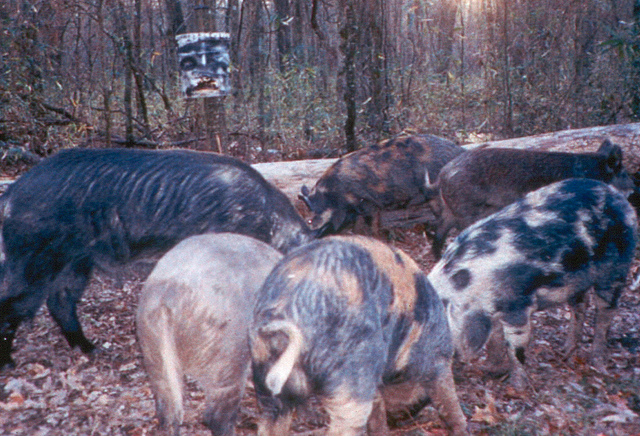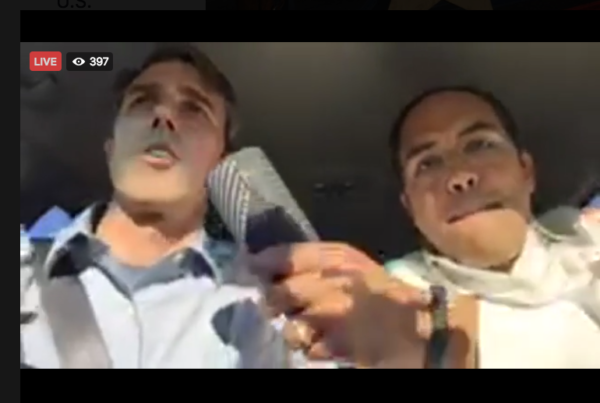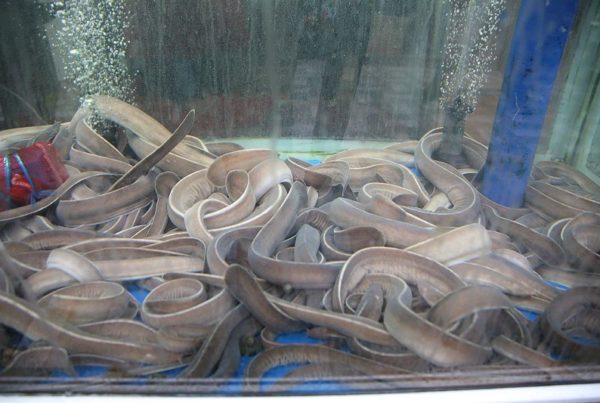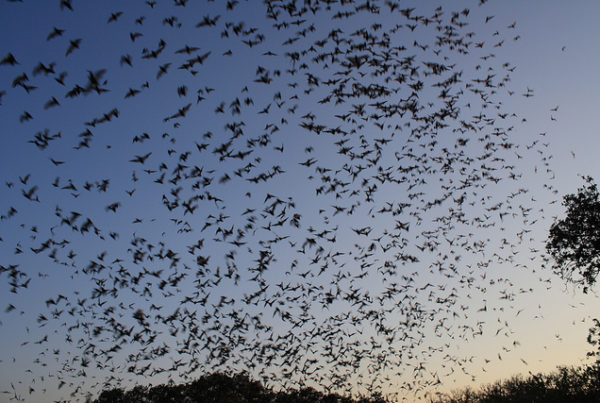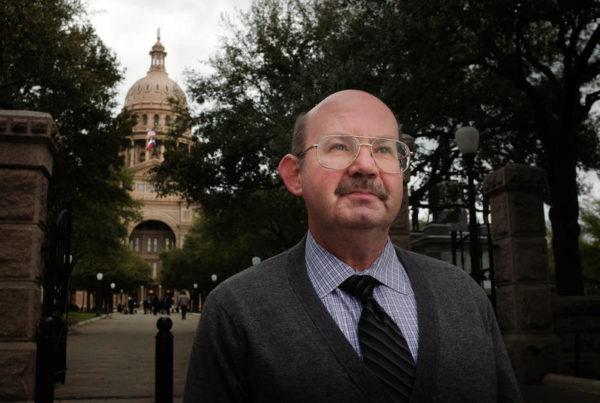Audio will be available shortly.
From Texas Public Radio:
Opponents have filed a lawsuit putting Miller’s rules for the poison on hold. The EPA has approved the use of the poison but the company that makes the poison says it won’t sell it in Texas until the state rules for using it are in place.
First there’s the sheer number of feral hogs- the state estimates 1.5 million are running rampant all across the state. And with every litter, their numbers grow. The Agriculture Department says the hogs cause more than $50 million in damage a year.
Anthony Gola knows that first hand. He grows corn and other vegetables northeast of Taylor and says the hogs can wipe out an entire season’s crops in span of a week.
“They destroy the crop, corn especially, at planting and at harvest when the corn is ripening, it will be a total failure, you’ll have a total crop loss.”
That’s why Gola welcomes Agriculture Commissioner Sid Miller’s support for using the poison known as Kaput Feral Hog Bait in Texas.
“It may be available for in-season use but doesn’t look like it will be available for planting.”
Kaput works on hogs a lot like rat poison. It contains Warfarin which slows the blood-clotting process. In human application, Warfarin can prevent strokes and heart attacks. When used in high doses as in rat poison it can cause the animals to bleed to death.
Wildlife experts with the Texas Parks and Wildlife Department are concerned Kaput could affect wildlife besides the hogs who eat it. That it could affect wildlife that feed on hog carcasses.
“Studies show that rodents and raptors can be affected through primary and secondary consumption of warfarin,” says Josh Havens, the communications director for Texas Parks and Wildlife.
Warfarin was used to kill feral hogs in Australia then Australia banned its use. A spokesman for Agriculture Commissioner Miller says the amount of Warfarin in Kaput is lower than the amount in Australia’s application. Miller says he’s not worried about the hog poison affecting other animals.


